Apple just made headlines again for removing apps from its Chinese App Store, and this one hits close to home for millions. The tech giant pulled two of China's most popular gay dating platforms after direct orders from the Cyberspace Administration of China (CAC). Another flashpoint in the long tug-of-war between global tech and local rules. Who loses out this time? Users.
The removal points to a tightening grip on digital spaces where marginalized communities gather, TechBuzz analysis suggests. The broader context is stark, with Pride events canceled, prominent gay rights organizations shuttered, and social platforms frequently censoring LGBTQ+ content and accounts, Newsweek reported. Artists and activists describe an increasingly hostile environment, according to the same source.
Will Blued or Finka be back after changes? Unclear. Some apps have previously returned after making changes requested by regulators (e.g., reported instances in 2020–2025). The pattern, though, points to deeper digital isolation for China's LGBTQ+ community, with international platforms blocked and domestic options under pressure.
Where do we go from here?
This episode spotlights the bind global tech companies face when operating under restrictive content rules. Apple's strategy, comply with local law and keep the lights on in China, keeps fueling debate over responsibility versus pragmatism. For millions of users, losing these platforms is not just an app issue, it is a barrier to finding people like them.
Policy decisions ripple fast. China continues to refine its approach to digital control, and global platforms will keep threading that needle, sometimes awkwardly. Expect more collisions where business compliance meets human rights concerns.
What stands out here is the breadth of digital isolation. When over 60 percent of the world's top 100 apps are unavailable or inaccessible in the country, as Global Voices reported, you are not just seeing censorship, you are watching a parallel digital ecosystem take shape, with different rules for community and expression.
The questions ahead are blunt. How will companies like Apple reconcile stated values with regulatory realities, and what does this mean for the estimates vary (commonly cited range: ~40–70 million; many sources use ~70 million as a headline figure) whose spaces are narrowing? The removal of Blued and Finka is not only a story about two apps, it is a case study in how digital policy reshapes daily life for people trying to build connection.




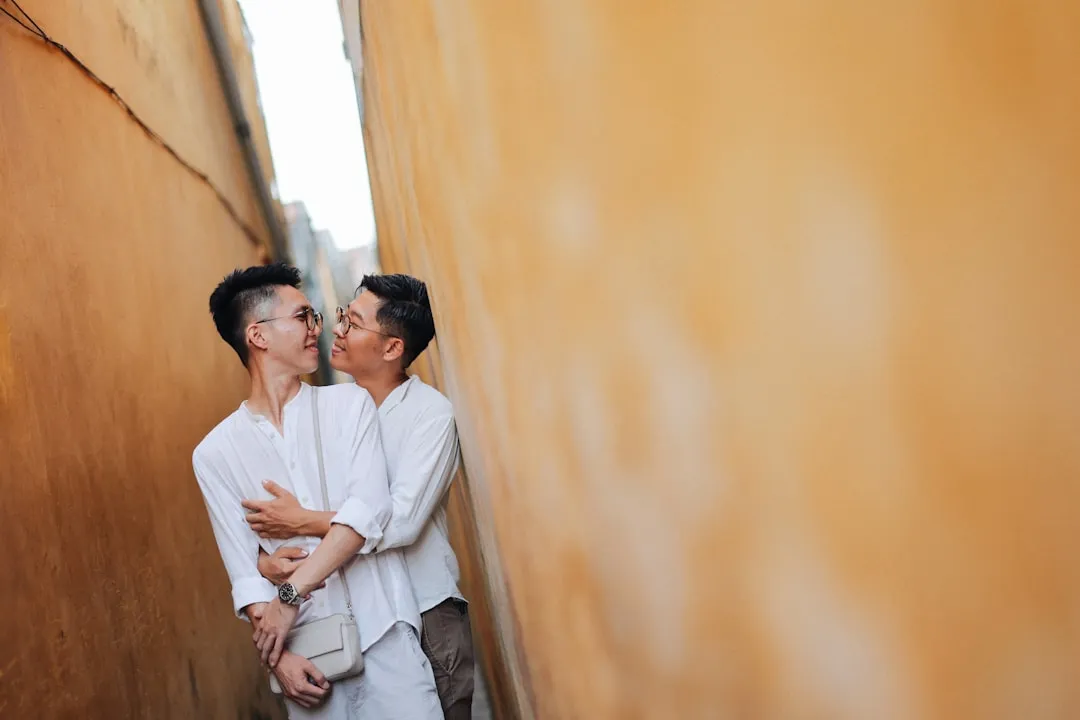



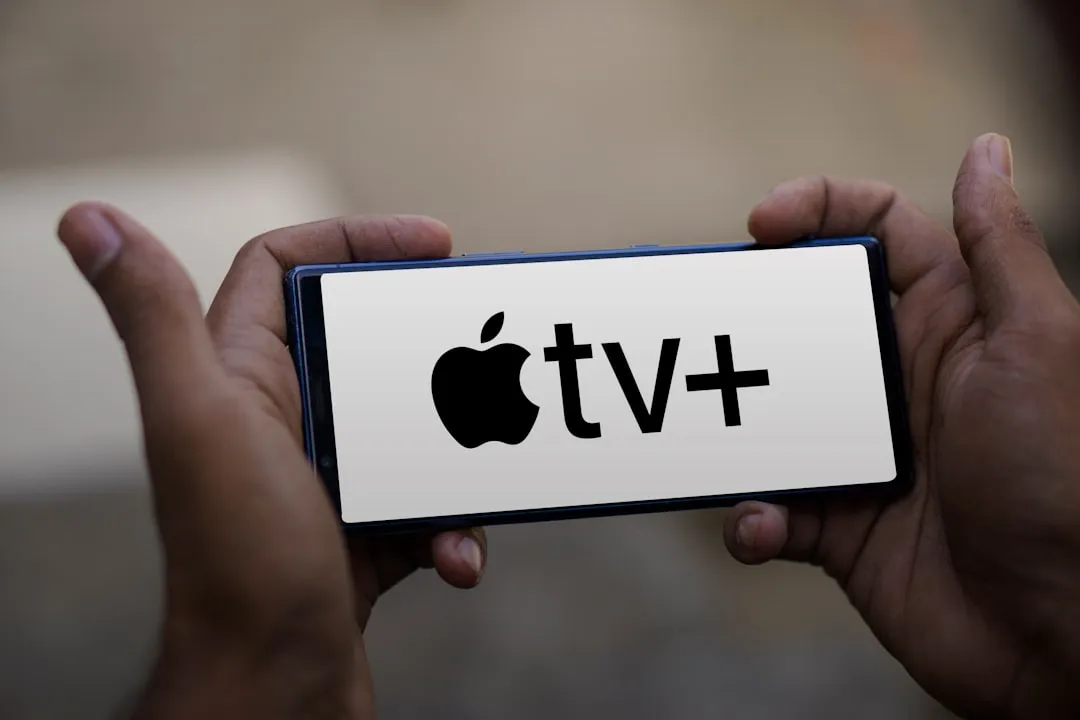
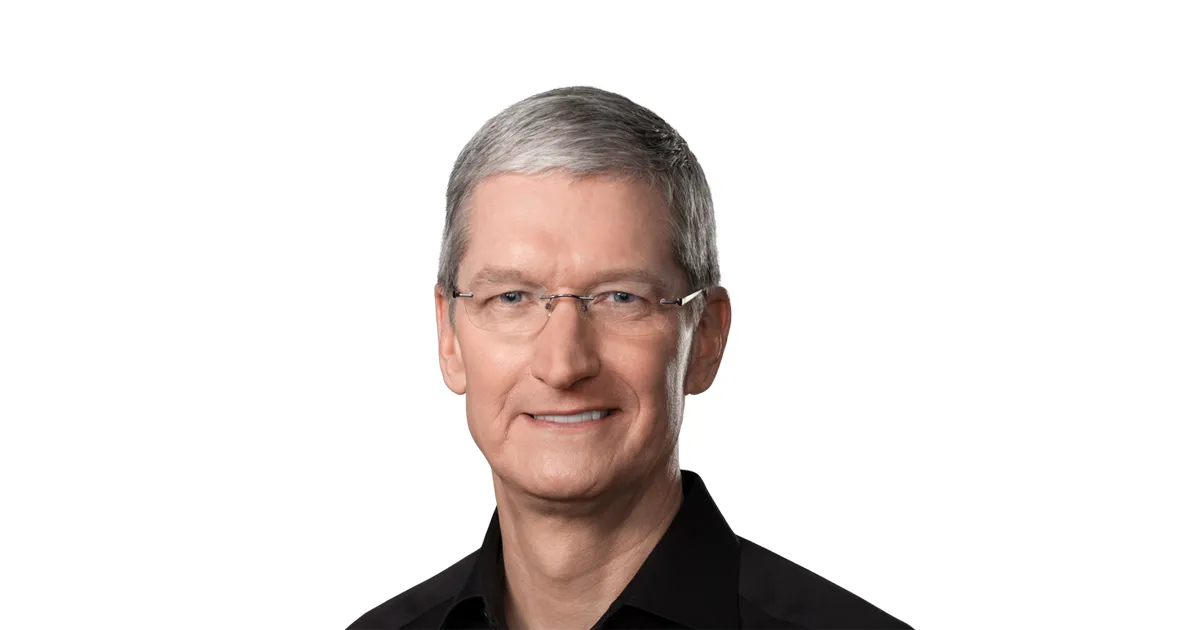

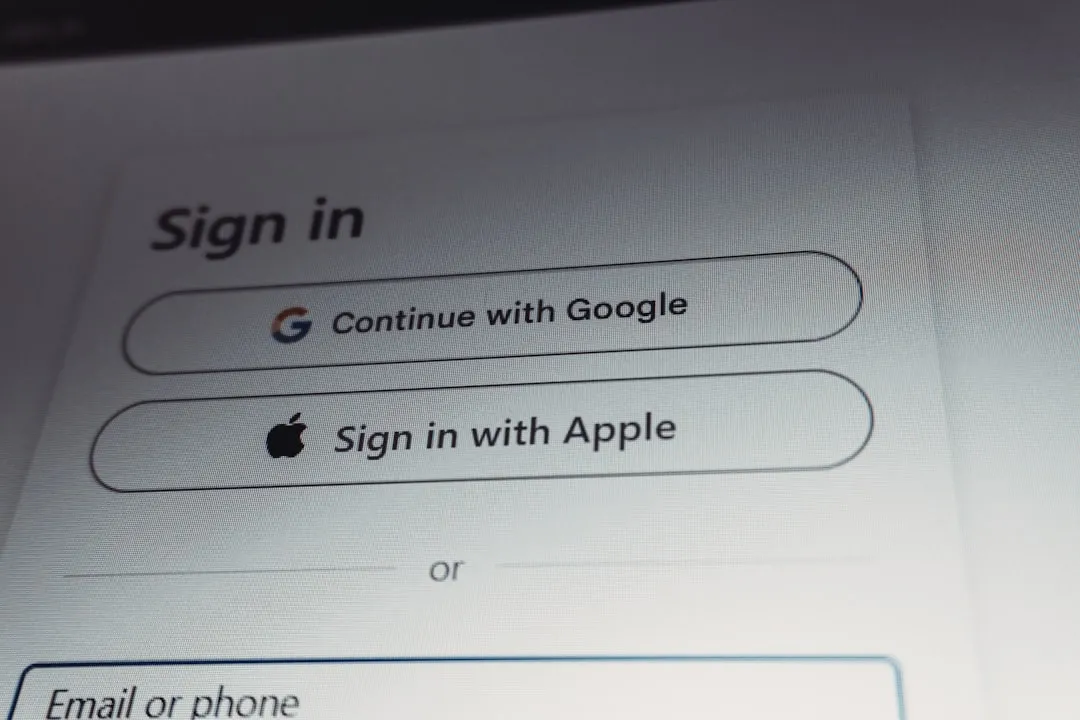
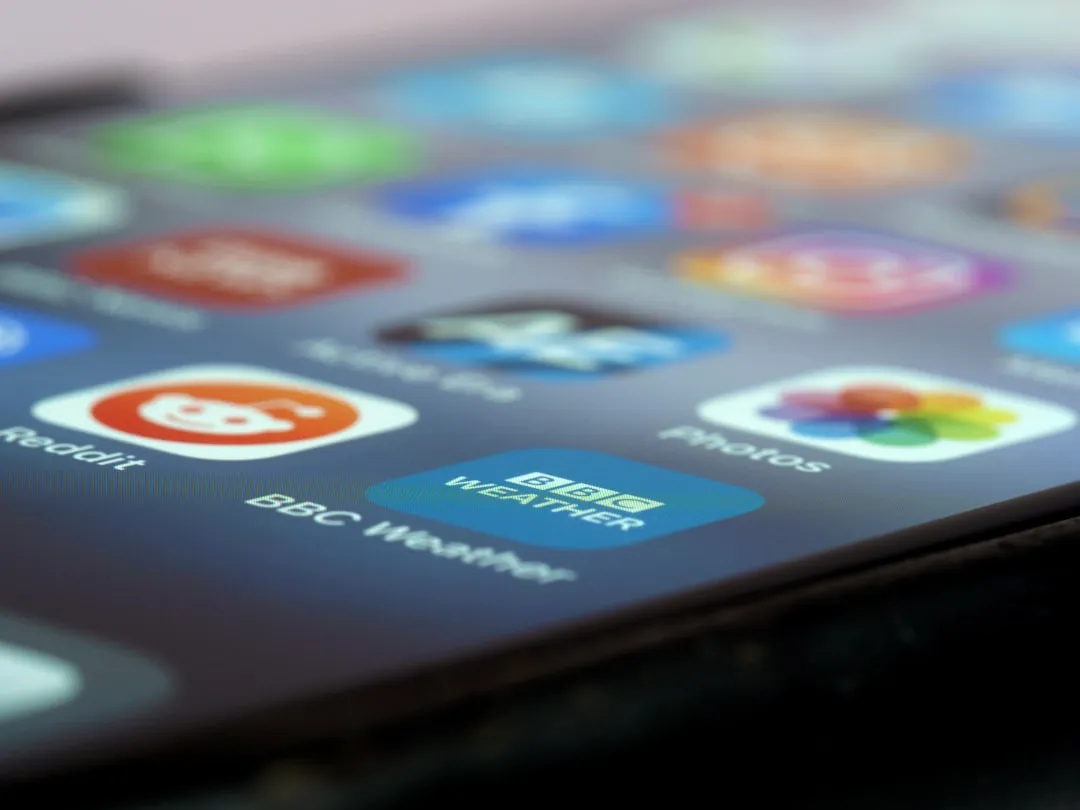
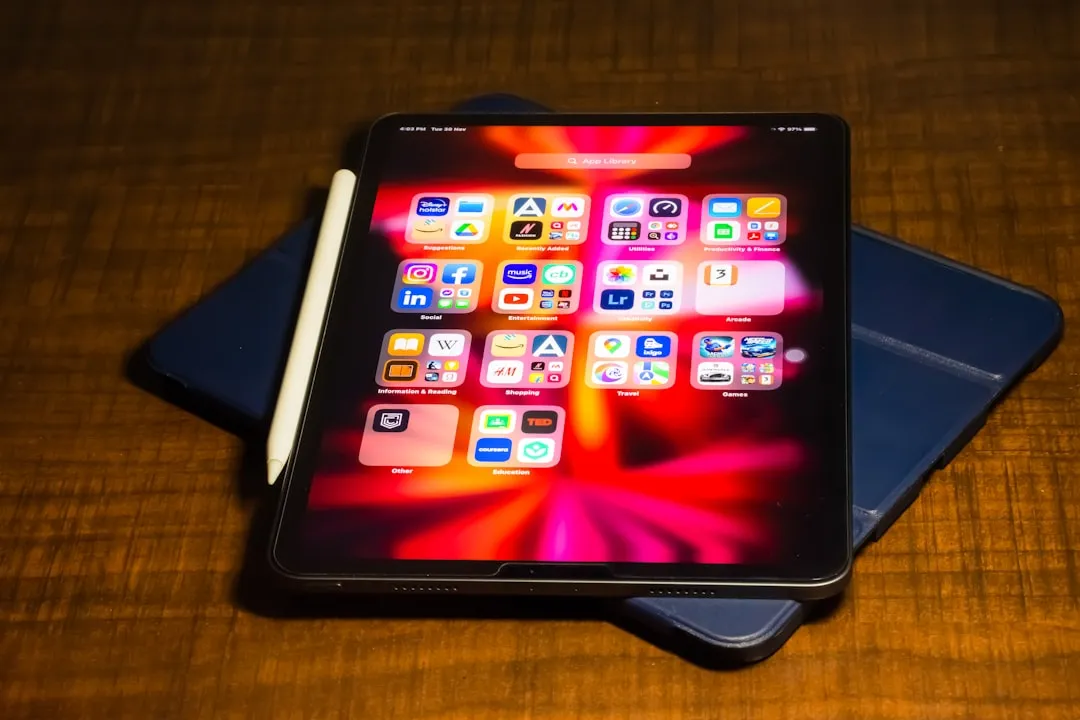
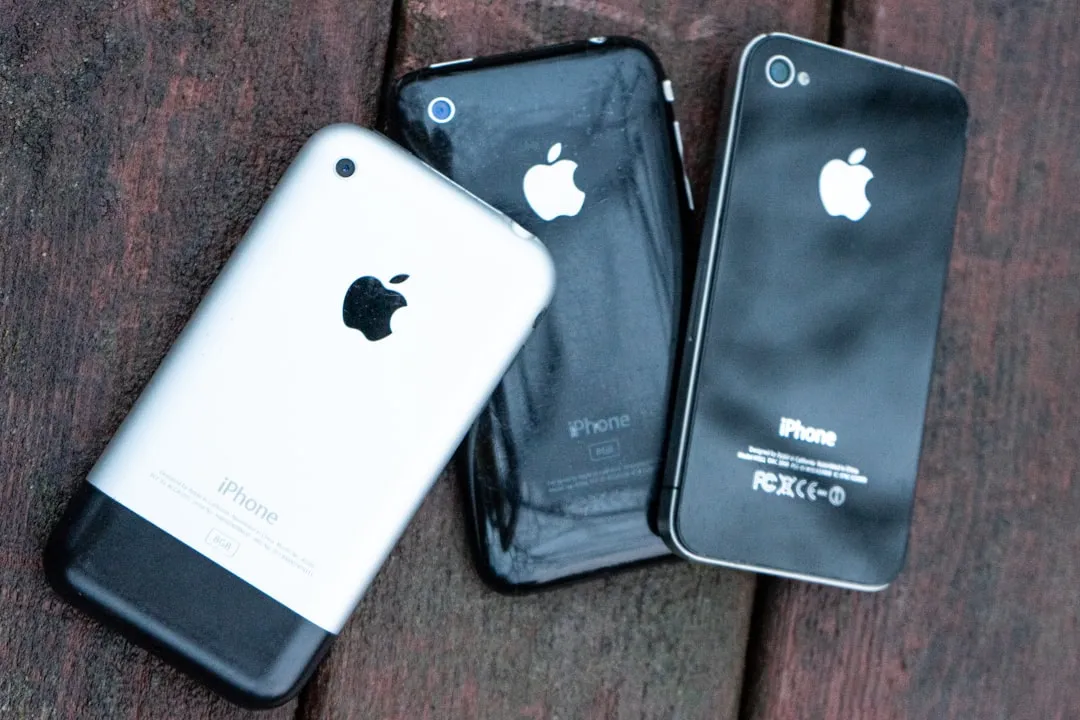
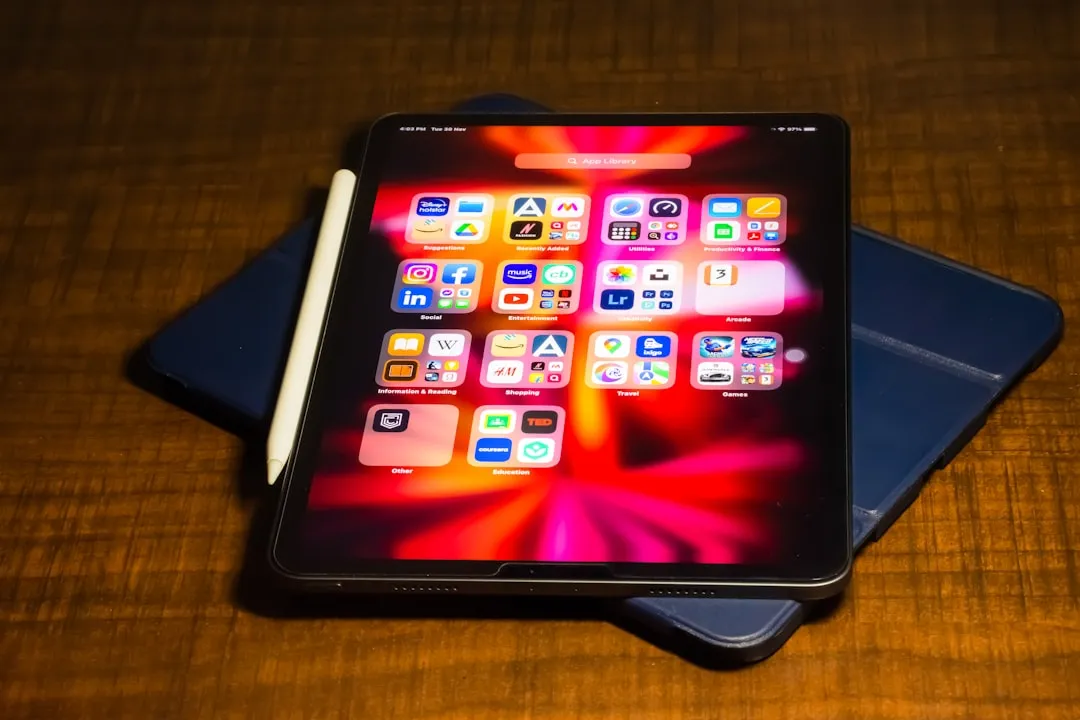

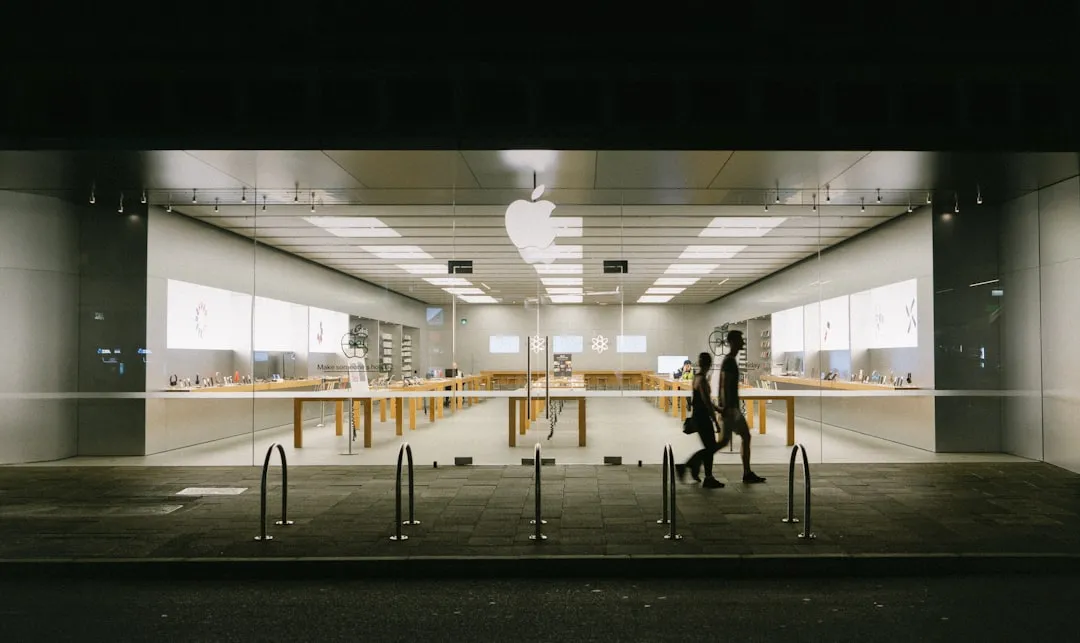
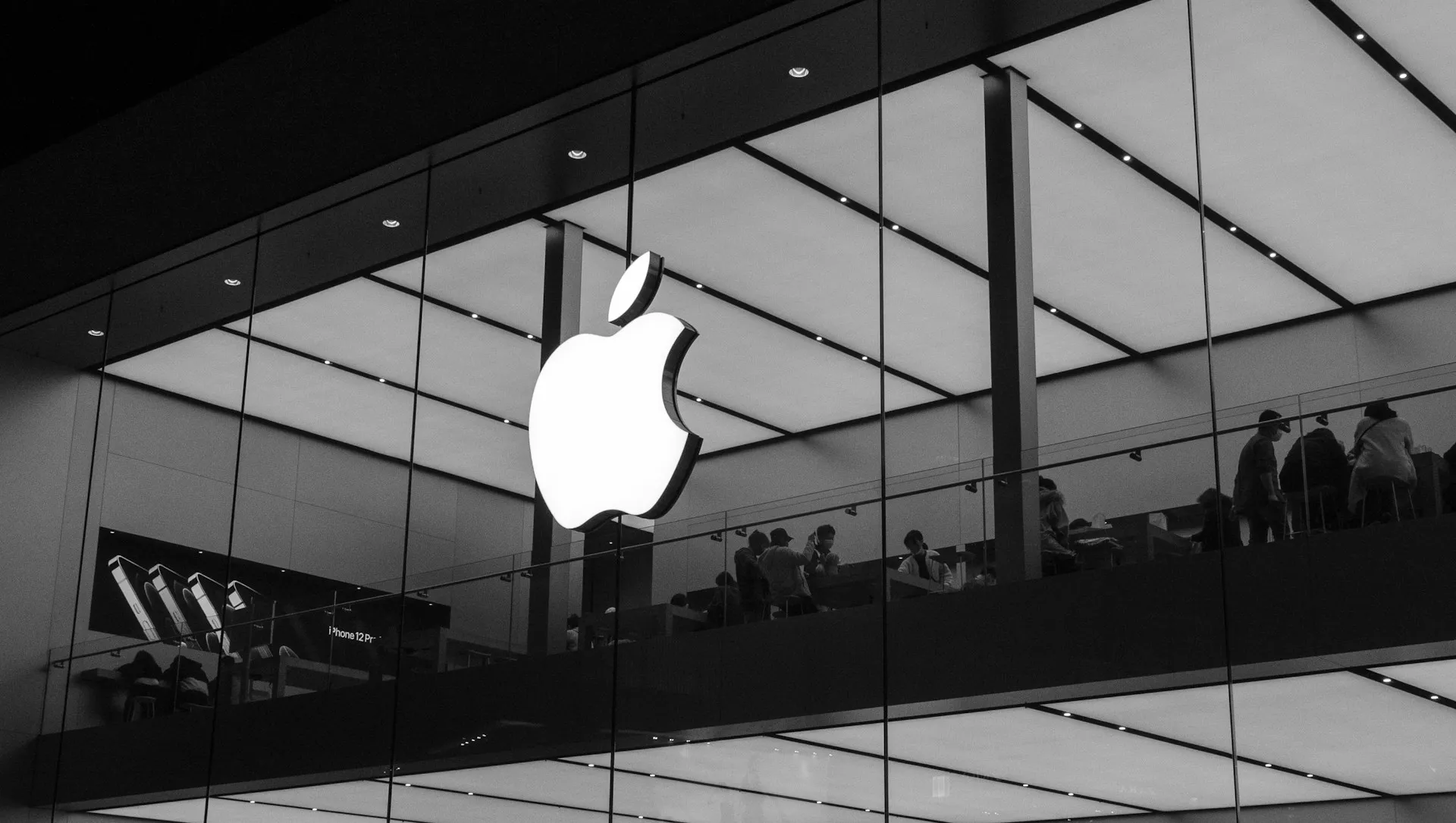
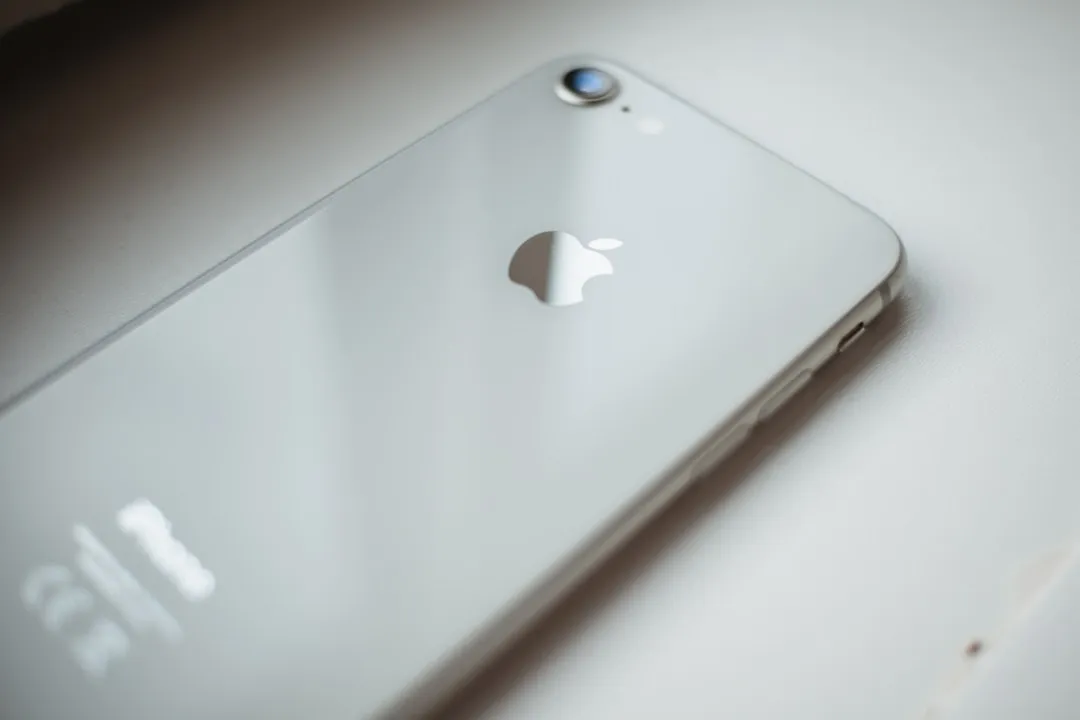


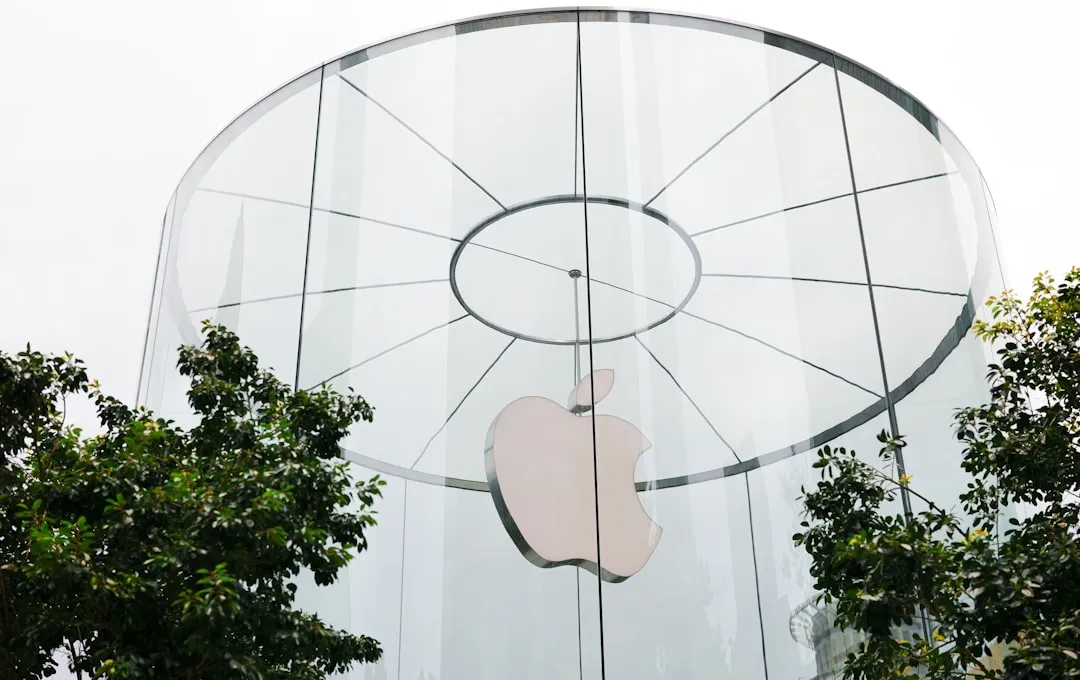


Comments
Be the first, drop a comment!